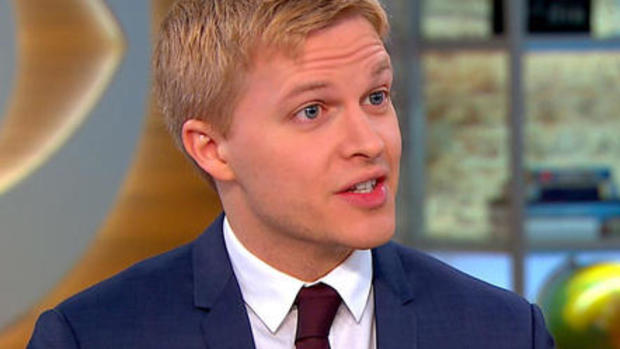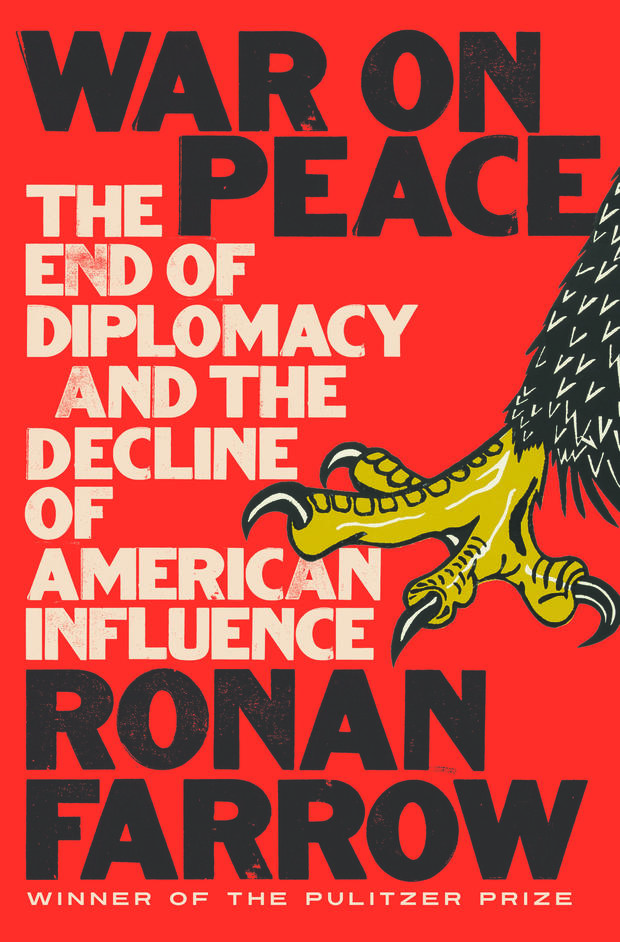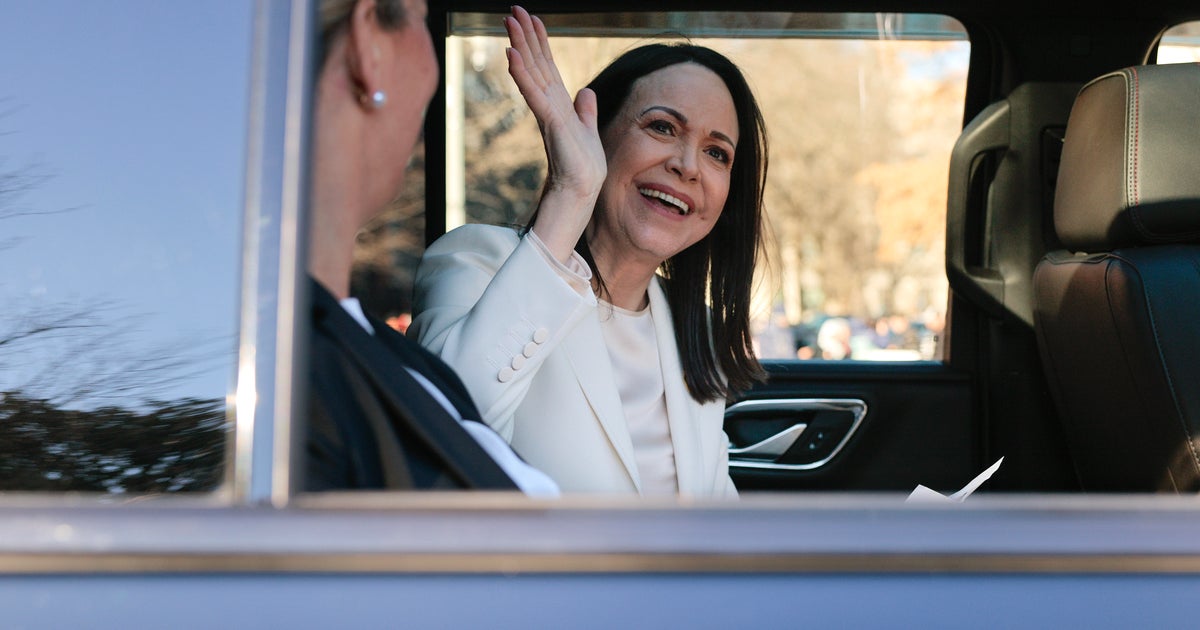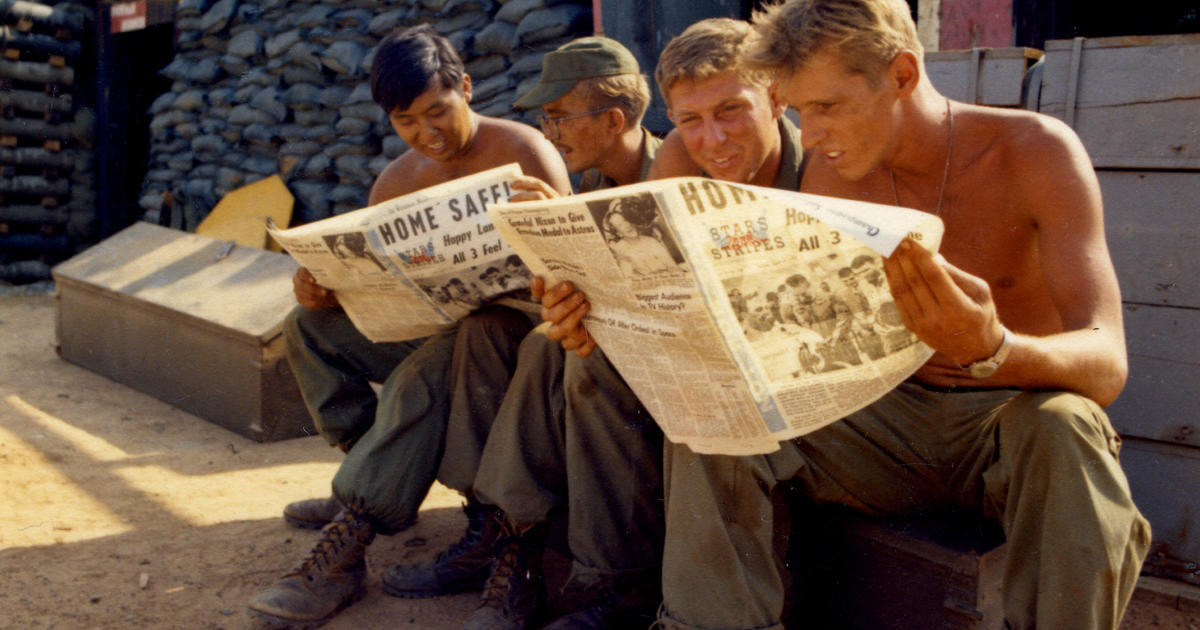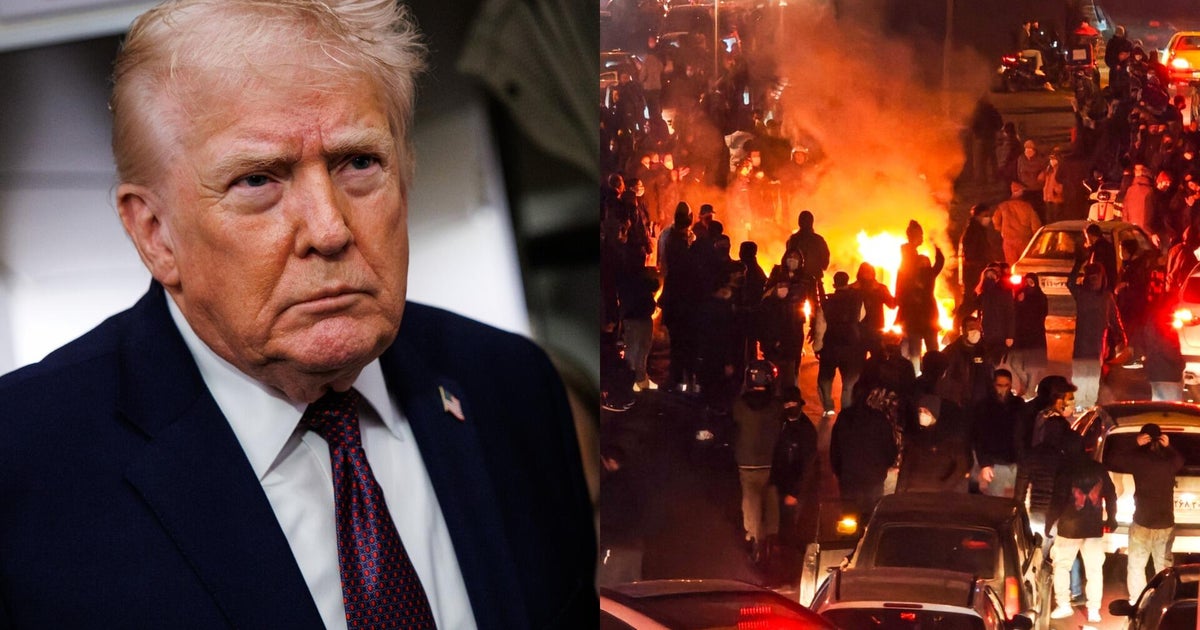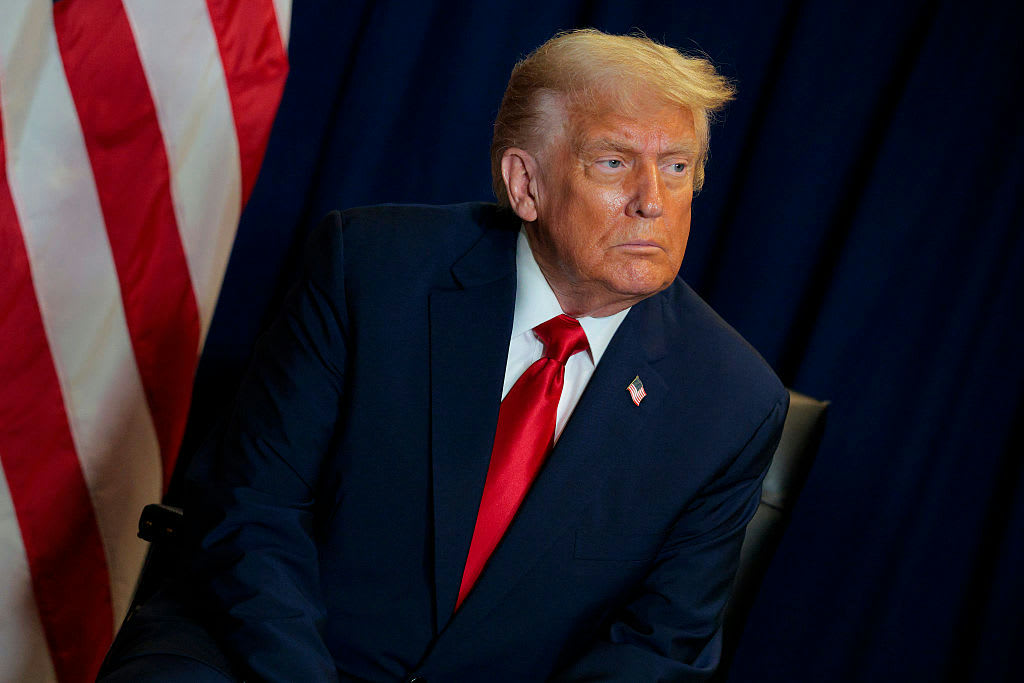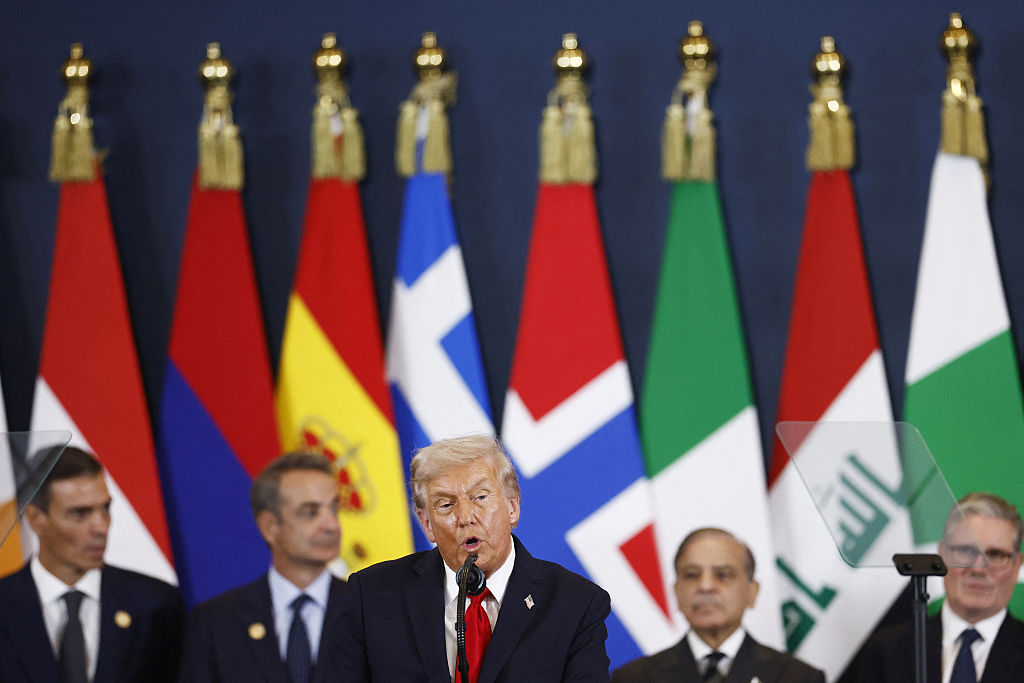Ronan Farrow explores decline of U.S. diplomacy in "War on Peace"
Rex Tillerson's controversial and relatively short-lived tenure as secretary of state is only part of the story in America's shifting foreign policy. In the new book, "War on Peace: The End of Diplomacy and the Decline of American Influence," journalist Ronan Farrow interviews every living former secretary of state, exploring the long-term decline of the State Department and what he calls the growing militarization of U.S. foreign policy.
"Invariably when you see the headlines about what's happening at the State Department now, usually using words like 'war on the State Department,' 'battle against the State Department,' 'gutting of the State Department,' it's usually accompanied by 'unprecedented.' And the fact is, it's a new extreme, but there are a lot of precedents we can look at and draw clear lessons from," Farrow said Tuesday on "CBS This Morning."
Farrow, who spent several years working at the State Department in the Office of the Special Representative for Afghanistan and Pakistan, pointed to the Clinton administration after the end of the Cold War.
"We had the message of 'It's the economy, stupid,' and a turn inward – and in fact, over the course of the '90s, a 30 percent cut to our diplomacy and development spending. And what happened then was our embassies around the world became underfunded," Farrow said. "We closed a bunch of outposts around the world and lost a lot of influence in important places, and we actually shuttered two government agencies related to information and arms control. Clearly in retrospect as we confront ISIS and rising nuclear powers, those were goals we didn't want to give up."
As American diplomacy and influence shift in the world, there is another country filling the gap.
"Sort of the shadowy back story across this whole book is that China is nipping at our heels and filling a lot of these spaces," Farrow said.
Among the former secretaries of states he spoke to, Farrow said Colin Powell told him, "We are ripping the guts out of diplomacy. We are mortgaging your future."
So why is diplomacy important? Farrow referred to a time when "peacemakers and negotiators and experts" steered conflicts that confronted the U.S.
"You look at us barreling into potential meetings with North Korea, leader to leader right now, at one time we had a unit of experts that could guide that and embed a long-term strategy. And what the experts are saying now is we no longer have that, we're not welcoming their views," Farrow said.
He said the "basic, kind of unglamorous work" of diplomats plays an under-appreciated role in protecting America.
"The stamping of passports, the screening of dangerous people before they get in the country, the running of our embassies and the pulling out of Americans who are in danger, that's all work that's being diminished right now," Farrow said.
In the end, Farrow called it a "cultural problem."
"Yeah, there are dusty bureaucrats who punch the clock and, you know, are entombed in this bureaucracy and don't get a lot done. But more than that, there are wonderful men and women putting a lot on the line. And they're doing important work that isn't celebrated with a ticker-tape parade when they come home. And I think that that's exploited in a really vicious way for political gain – by both parties," Farrow said.
Last week, The New Yorker won a Pulitzer Prize for Farrow's coverage of sexual assault allegations against Hollywood mogul Harvey Weinstein, alongside New York Times' Jodi Kantor and Megan Twohey. Farrow admitted while he has been "very tired" trying to juggle both the book and his reporting for The New Yorker, he's "very grateful for the sources" and whistleblowers who spoke to him.
